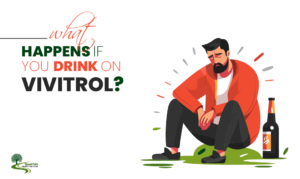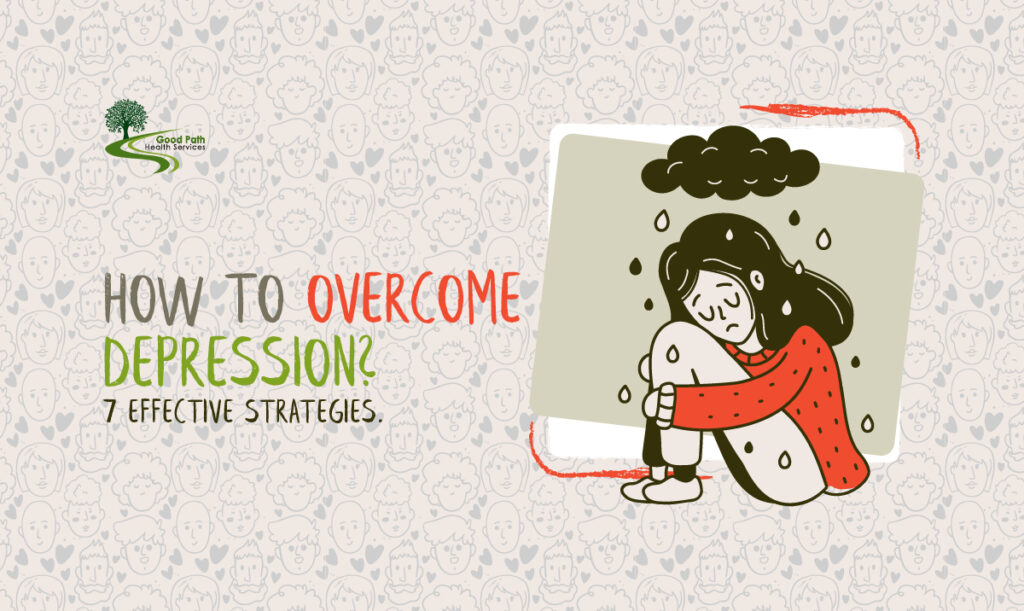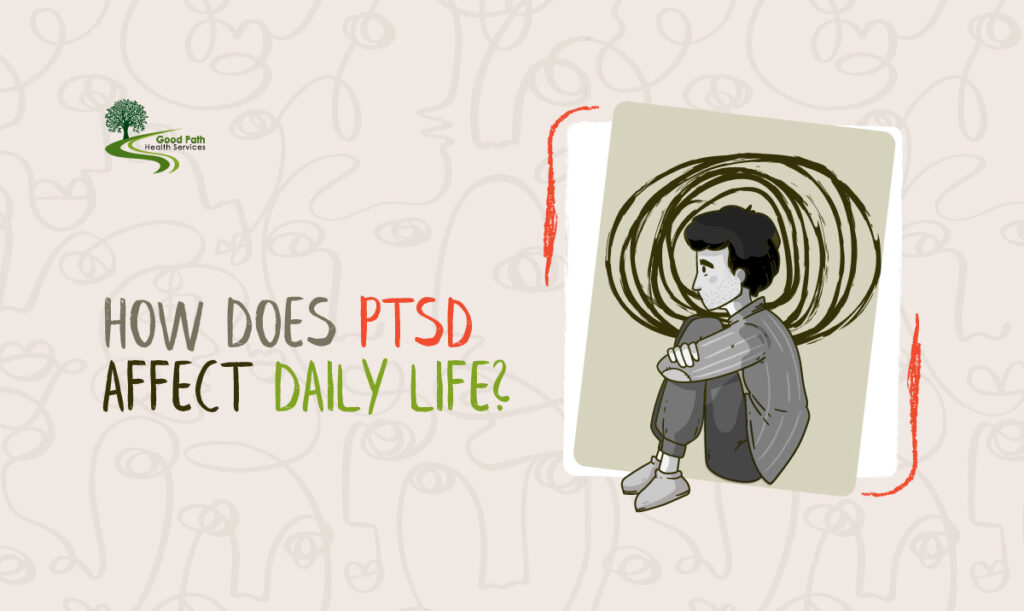
The realm of addiction recovery has been revolutionized by smart treatments such as Vivitrol.
Customized to be a piece of holistic recovery strategies, Vivitrol can substantially help people fighting alcohol dependence.
Nevertheless, knowing the inner workings, positives, and negatives of this drug is essential for anyone debating its use.
Most importantly, the results of consuming alcohol while on Vivitrol call for thoughtful examination.
What is Vivitrol?
Vivitrol, a long-lasting, injectable version of naltrexone, helps prevent backsliding for people who have fully detoxed from alcohol or opioids.
It’s not a daily pill but a single monthly shot, making it a good solution for those serious about keeping their sobriety.
It primarily works by reducing the euphoria and intoxication sensations, which makes it a powerful tool in the fight against addiction.
The Mechanism of Vivitrol
Understanding Vivitrol’s working process in the body is important when considering the dangers of alcohol use.
This drug connects with opioid receptors but doesn’t trigger them. It blocks the usual feel-good sensation brought about by alcohol and opioids.
The result? It curbs cravings and lessens the urge to drink, giving people a helping hand on their path to recovery.
Related Reads:
What Happens if You Drink on Vivitrol? – The Dangers and Risks
Vivitrol and drinking: Vivitrol can lessen alcohol’s appeal by halting its pleasant effects. Yet, it doesn’t take away the possible damage alcohol can inflict.
Drinking on Vivitrol can lead to several risks and adverse effects, including:
- Increased Tolerance and Overdose Risk: When alcohol’s uplifting effects decrease, the risk rises. You may drink more, trying to reclaim those feelings. This can cause alcohol poisoning or even an overdose.
- Physical Health Risks: Drinking can impact body parts and processes. It might cause harm to the liver, trouble with digestion, and various other health problems.
- Psychological Effects: Not getting the joy you hoped for from drinking can make feelings of depression or anxiety worse for people trying to overcome addiction.
Guidance for Recovering Addicts
People thinking about starting Vivitrol, or who are already on it, need to remember one important tip — avoid drinking alcohol.
Here are some practical steps that can assist in reinforcing your recovery journey:
- Open Communication: It’s really important to communicate with your doctor openly and truthfully about everything in your treatment plan. This is especially true when you’re taking Vivitrol. Being upfront helps customize the treatment to fit you. It also takes care of any worries during your recovery process.
- Support Networks: Joining help groups or going to therapy can be very helpful in controlling urges and spotting things that could risk your sober state. These groups give a feeling of belonging and comprehension, giving a protective place to share what you’ve gone through and get courage from others who are also walking towards being sober.
- Education and Awareness: Educating yourself and your family about the dangers of drinking alcohol on Vivitrol is vital. Knowing what happens when you combine alcohol with this drug allows you to build a helpful atmosphere for your path to recovery. This gained knowledge strengthens your resolve to live without substances and helps you make decisions with added confidence.
Acting ahead can boost your healing journey. It brings long-lasting freedom from addiction, setting you on a path to a joyful, wholesome life after it.
Conclusion
Vivitrol provides hope for those seeking to quit, yet it’s not a pass to drink without facing repercussions.
Choosing to use Vivitrol ought to be done after fully comprehending the pros and cons, under the attentive supervision of a health expert.
By sticking to therapy programs and staying away from alcohol, folks can employ Vivitrol as a substantial supporter in their health journey.
If you’re on the road to recovery and considering Vivitrol, or if you have experiences with this treatment that you’re willing to share, we encourage you to reach out.
Speaking with mental health professionals can provide you with the information you need to make informed decisions about your recovery path.
Feel free to reach out to us today at Good Path Health Services for inquiries, appointments, or to learn more about our range of healthcare solutions.
FAQs
How to get Vivitrol?
You should reach out to your doctor to discuss if Vivitrol is a good fit. It’s at their discretion to prescribe it.
Can alcohol and Vivitrol be taken together?
No, steer clear of alcohol when on Vivitrol.
What happens if you drink while on Vivitrol?
The danger is it may boost alcohol poisoning risk due to drinking more to get the desired effect.
How long does Vivitrol block alcohol?
About a month, which is when you’re typically due for another dosage.
Can you take benzos while on Vivitrol?
Check with your doctor for advice. Mixing benzos and Vivitrol could be risky, so expert opinion is useful.
Does Vivitrol help with alcohol cravings?
Yes, Vivitrol can help reduce the cravings for alcohol by blocking the pathways in the brain that make drinking feel good.
How do I find a Vivitrol shot near me?
You can find one using the locator on the Vivitrol website. Alternatively, talk to your healthcare provider to find a clinic that administers Vivitrol near you.
Vivitrol vs Suboxone?
Vivitrol’s an injection; it helps with alcohol and opioid addiction. Suboxone, on the other hand, is a film you dissolve under your tongue. It primarily aids opioid addiction. Their uses can be different.
Sublocade vs Vivitrol?
Both are injections aimed at fighting opioid dependence. Sublocade is based on buprenorphine — it diminishes withdrawal symptoms and craving and Vivitrol blocks the effects of alcohol and opioids.
How long does Vivitrol last?
Each Vivitrol injection works for about a month, or 4 weeks, offering continuous protection when used as prescribed.



